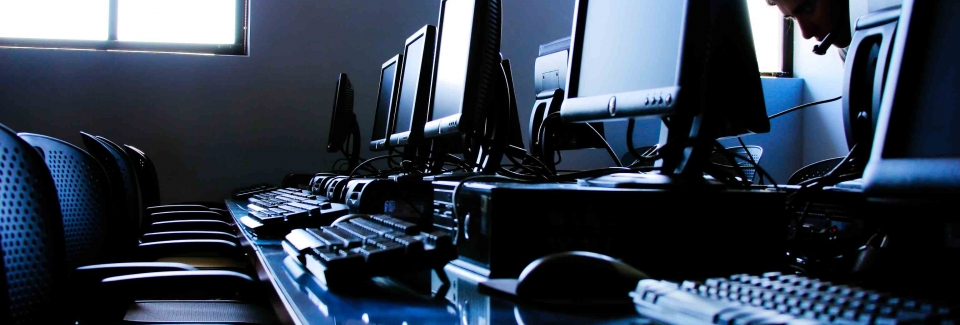Cayman Islands Schools Receive New Computers
Cayman Islands’ schools are getting a technology upgrade with plans announced to purchase more than 600 computers and 180 monitors for teachers and students.
The new equipment will replace old, outdated computers and increase access to technology for students at every level.
The move will help accelerate an ongoing switch toward computer-based learning and testing across the islands’ schools.
The culture shift is not just limited to specific computer technology lessons, key annual tests in core subjects like maths and English are now done online. There are approximately 2,000 devices, including laptops, tablets and desktop personal computers, in circulation in the school system.
The education department is inviting businesses to bid for the contract to provide new information and communications technology equipment to the islands’ schools.
The cost of the new computer equipment will not be revealed until the bidding process is complete. The fact that the bid is going through Central Tenders suggests the department believes it will cost more than $250,000.
The plans include 44 new laptops and 85 new desktop computers for Clifton Hunter High School, which opened nine months ago.
Steven Durksen, ICT manager for the education department, said the laptops would replace 4 to 5 year-old machines brought over from the old school, while the desktop computers are for the creation of three new ICT labs at the new site.
The details of the ministry’s plans, outlined in the tender documents, also include 105 new laptops for teachers, 319 new laptops, the bulk of which are destined for high schools across the islands, 214 computer lab PCs and 180 LCD computer monitors.
Mr. Durksen added: “Most of the laptops and desktops to be purchased are to replace existing laptops and desktops that are 5-7 years old and past the end of life and warranty.
“These PC’s deal with ICT needs in schools including replacement of older ICT labs, implementation of new ICT labs, replacement of older student laptop carts, replacement of older classroom PC’s and replacement of laptops for our ‘laptop for teachers’ programme.
“Even though this tender is primarily to replace existing PCs that are quite old, there will be a need for additional ICT resources in the next several years as ICT is increasingly embedded across the curriculum and used in all subjects.”
The days of chalkboards and notebooks appear to be over in Cayman Islands classrooms with an increasing shift toward using computers, not just in ICT lessons, but also in every subject.
“In all government schools, a significant amount of paper based assessment has been replaced with online assessment including both literacy and numeracy web-based tests,” Mr. Durksen said.
These include the key annual Progress in English and Progress in Maths tests.
Mark Ray, the ICT integration specialist at government’s education policy and planning unit, accepted that good equipment was only part of the solution.
He said: “Technology is only the tool, good teaching is the vehicle through which the tool is used.”
He said using computers and interactive whiteboards helped students develop logical problem solving skills.
Mr. Durksen added: “Traditionally, ICT was taught as a separate subject only in computer labs, however, with increased online resources and assessment as well as educational software, ICT provision is now essential in all classrooms.”
Utilising USB virtual desktops connected to one master PC has helped reduce the cost of accessing technology in primary schools, he added.
Mr. Durksen added: “The ministry believes that expenditure on ICT infrastructure and ICT devices, including laptops, desktops and tablets, in all schools is money well spent as it represents investment that directly improves access to resources used by Caymanian students.”
Some of the work students do on computers include specific lessons in document preparation and management, converting stories to e-books, creation of videos for media classes and writing apps for tablet devices.
Mr. Ray added: “Computers specifically, and technology in a more general sense, are integral tools in the classroom to support teaching and learning. Teachers and students are able to plan, research, draft, edit, produce, and access a variety of educational content using technology. Students in our schools should not just passively accept information fed to them, but critically analyse information and produce knowledge themselves. Technology tools that support the work being done by teachers in developing those critical skills are invaluable in the classroom.”













